This website uses cookies so that we can provide you with the best user experience possible. Cookie information is stored in your browser and performs functions such as recognising you when you return to our website and helping our team to understand which sections of the website you find most interesting and useful.
Plantable pencils: a closer look at Sprout World
By Behiye Hassan Lysanne Currie | 10 October 2022
Sustainability, storytelling and blockchain-enabled supply chain transparency. Danish entrepreneur Michael Stausholm brings all of this and more – into plantable pencils
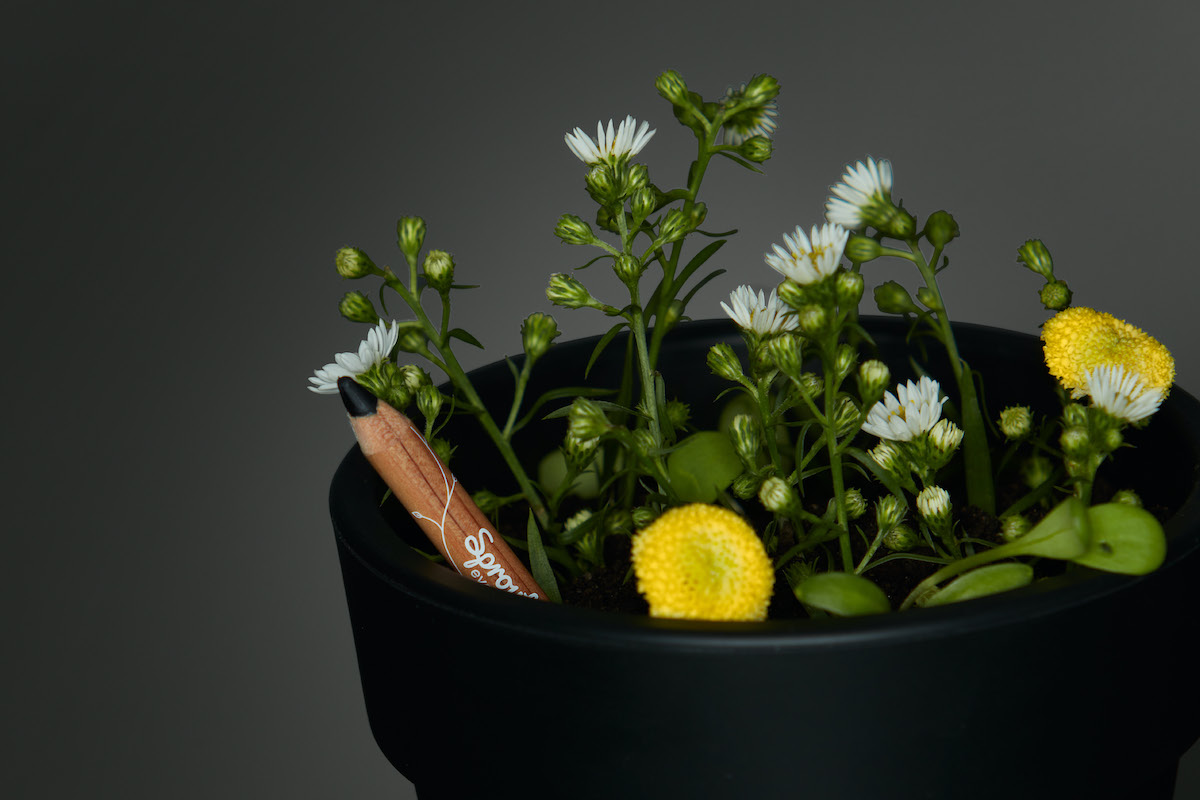
"I’d love to see Sprout be a lighthouse of inspiration,” says Michael Stausholm – and he’s not referring to the little green vegetables. It’s been nine years since the Danish entrepreneur founded the sustainable pencil company Sprout World. As he says, “There’s been lots of ups and downs and challenges.” But Sprout’s also been something of a success story, boasting high-profile customers such as Michelle Obama and Sir Richard Branson.
Stausholm originally came from the shipping industry, spending almost 15 years in Asia before entering the textile business. He returned to Europe in 2006 as a consultant, and it was while browsing the Kickstarter website once day in 2013, while in his early-40s, that he stumbled across an invention that would change his life.
Robotics students at MIT had created a page to highlight a special pencil they’d made. It contained a capsule full of seeds “at the end where you will normally have the eraser… So you use the pencil to write with then, once it’s worn down, simply plant it in a pot. The capsule dissolves. And then you take care of it and water it like any normal plant.”
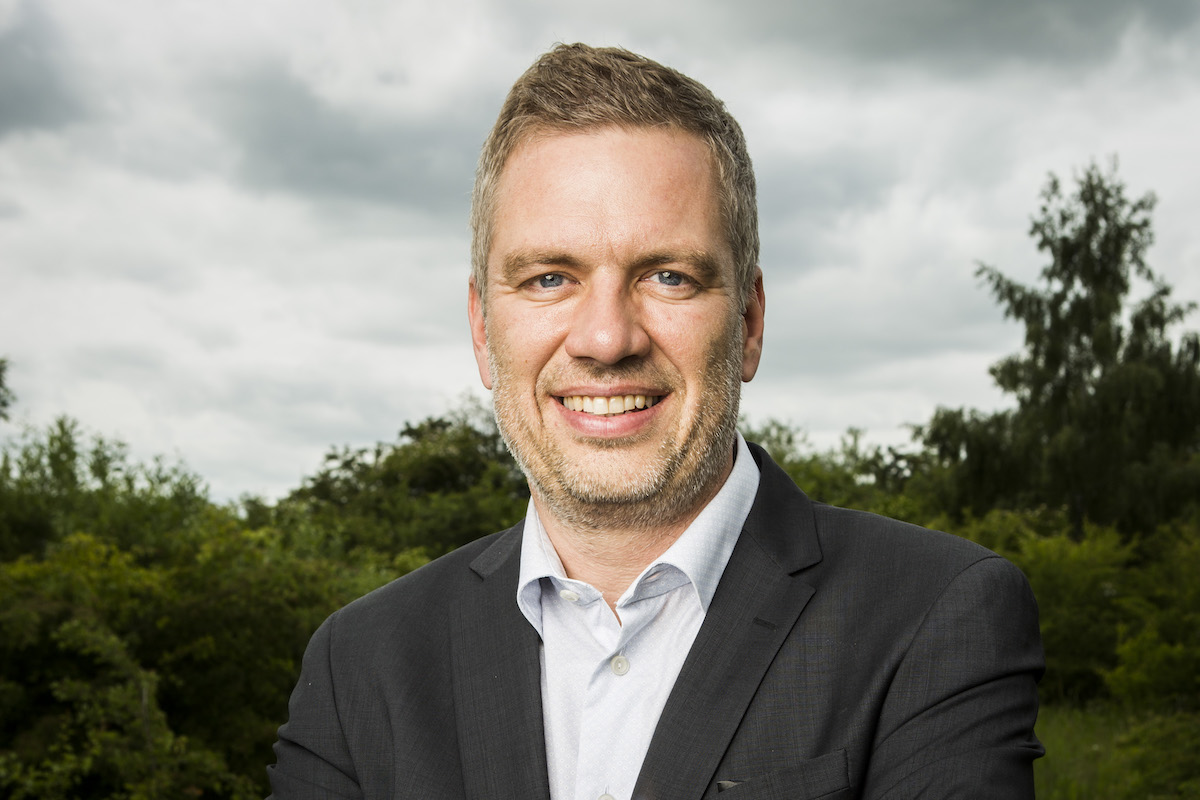
Stausholm recognised that businesses wanted to be sustainable but weren’t sure how to go about it. “I thought the pencil was a fantastic way of illustrating what sustainability is,” he says. “You have a product, you use it for one purpose, and instead of throwing it away when you’re done, you use it for another purpose. In the case of the Sprout pencil, you’re literally giving it new life by planting it.”
He got in touch with the students, who had originally been looking for investors all over the world, and bought the rights to manufacture the sustainable pencils in Minnesota, USA, initially self-financing the company. “But very quickly, it became evident that it was not very sustainable to produce in the US.” However, sales exploded in Europe. He purchased the patent, opened another manufacturer in Poland to serve the whole European continent, and soon the company was global. Today, Sprout’s HQ is based in Copenhagen, with an office in Boston and employees all over Europe. To date, it’s sold over 40 million pencils.
Says Stausholm, “It’s much more than a product – it’s what we call a green messenger. Many of our customers get messages or logos engraved and printed on the pencils and the packaging. That way they can actually build a story around what they’re doing on sustainability.”
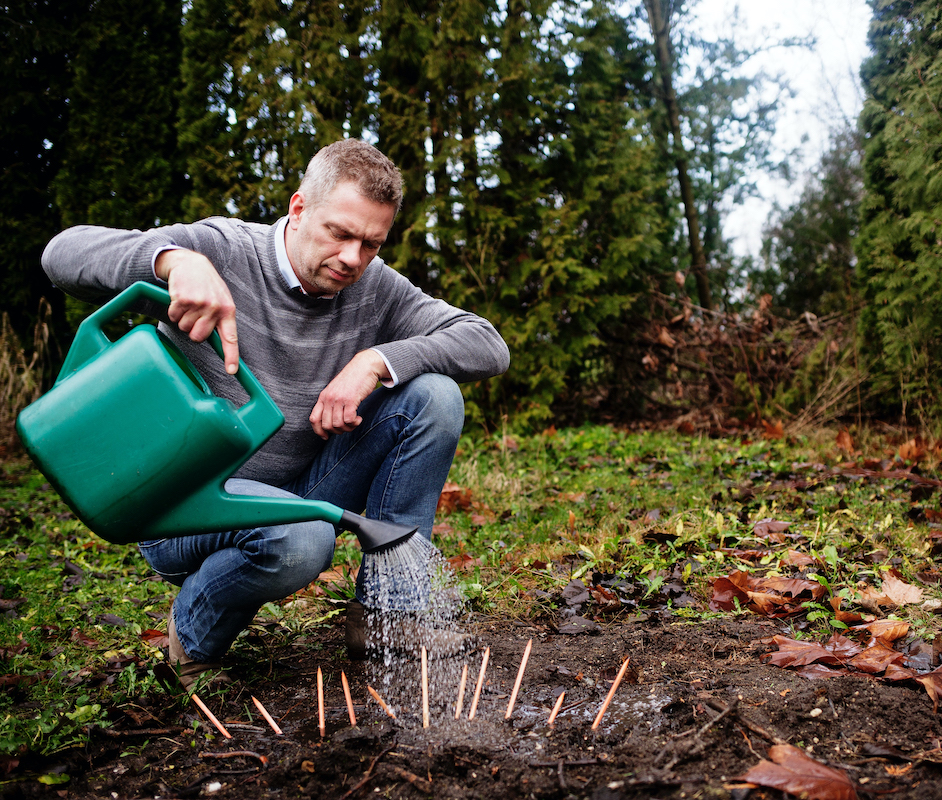
Having a whole business built around its values has garnered much media exposure; and » along with high-profile customers, parents have also been purchasing pencils “to give to the kids for writing and colouring – but also to teach them about sustainability. Sprout paints is also a very popular gift. It’s not only a great gift, it also says a lot about you, that you are concerned about sustainability.”
With sustainability as its founding core, it’s no surprise Sprout is both B Corp-certified and carbon neutral. “Our product is sustainably harvested; to produce the Sprout pencil, we cut down one tree and replant it immediately. From that one tree, we can make 175,000 pieces of sprout pencils. So, that’s potentially at least 175,000 new trees – that alone makes our business, by definition, carbon neutral – probably even carbon positive.”
Reducing its carbon footprint even further, Sprout recently purchased land in Poland on which to grow 12,000 trees near the production facilities. “Sustainability is in our DNA,” says Stausholm. “Everything we do must be from natural materials, packaging must be reusable.” Sprout even has its own chief sustainability officer on its team.
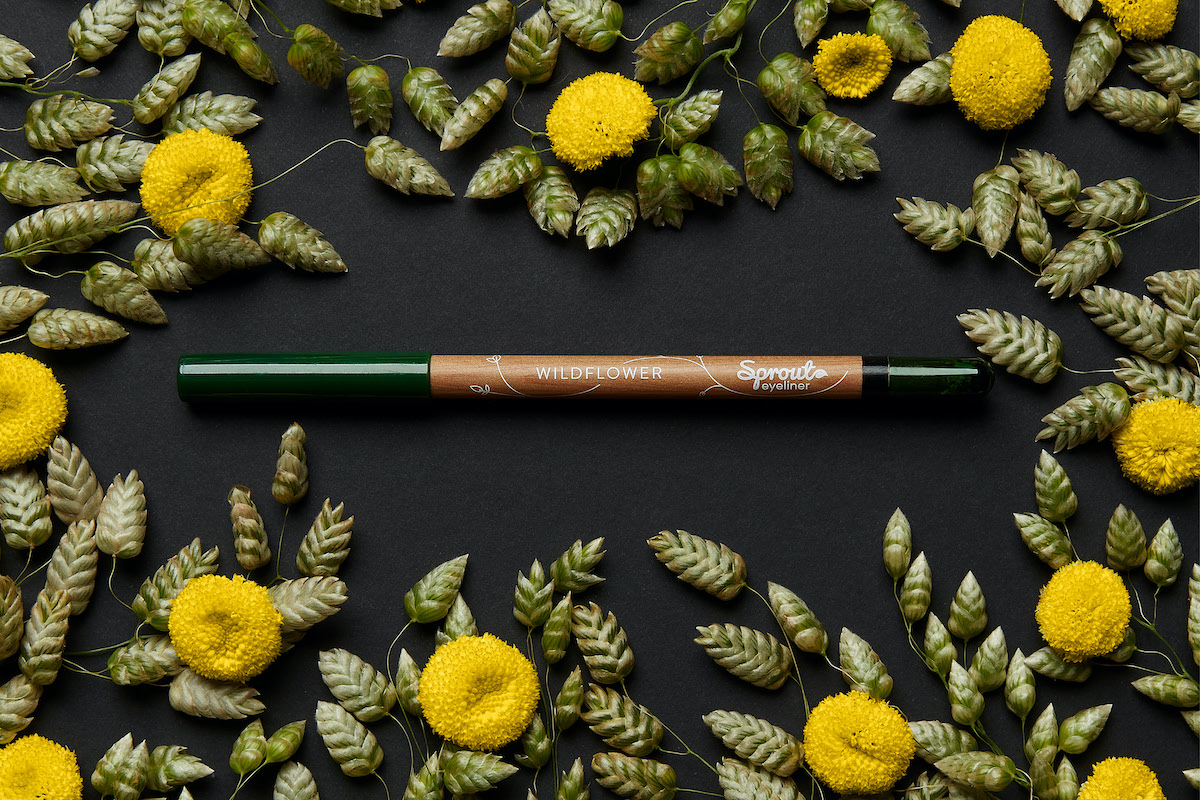
In the interests of transparency, Sprout World is also using blockchain technology to open up its entire supply chain to customers. “Blockchain is a way to authenticate where you get your materials from and document your whole value chain. In our case, you will be able to see where the seeds come from, where the wood for your specific pencil comes from, and so on. It will be completely transparent on our website.”
What’s been fantastic, he says, is to have a product that’s patented. “That means you don’t have to worry about competition. You can build your brand without worrying about others.” One of the biggest challenges, he says, when you start a product-oriented business is to constantly finance the production and the purchase, “because customers will require 30, 60 to 90 days credit. But I managed to build a business based on pre-payments. We still do that a lot, which creates positive cash flow.”
His main goal is to focus on growing the business further, branching into other consumer product lines such as makeup. In 2021, Sprout launched an all-natural, vegan, AllergyCertified beauty line with eyeliners and browliners that, like the pencils, can be planted to grow into wildflowers. “It’s a challenge,” he admits. “A different target group and a different way of communicating. Makeup is much more complex than a pencil.”

Ultimately, he says, Sprout World is about second life: “The biggest challenge today is not how we produce our products; it’s how we get rid of them. And that’s our mission; to inspire others, both people and companies, to think about how we can reuse products in different ways.”
His advice to other leaders who want to make their business more sustainable is, very simply, just to start somewhere. “The problem for many leaders and CEOs is that when you talk about sustainability, it’s very fluffy. It’s very difficult to grasp and work out where to start. My advice is always just to get started. And don’t think you’re going to be at 100% within six months, 12 months, or whatever. Sustainability is a journey. There will always be more you can do, which is why you need to set goals along the way. It’s better to be at 50%, than to be at zero, right?”
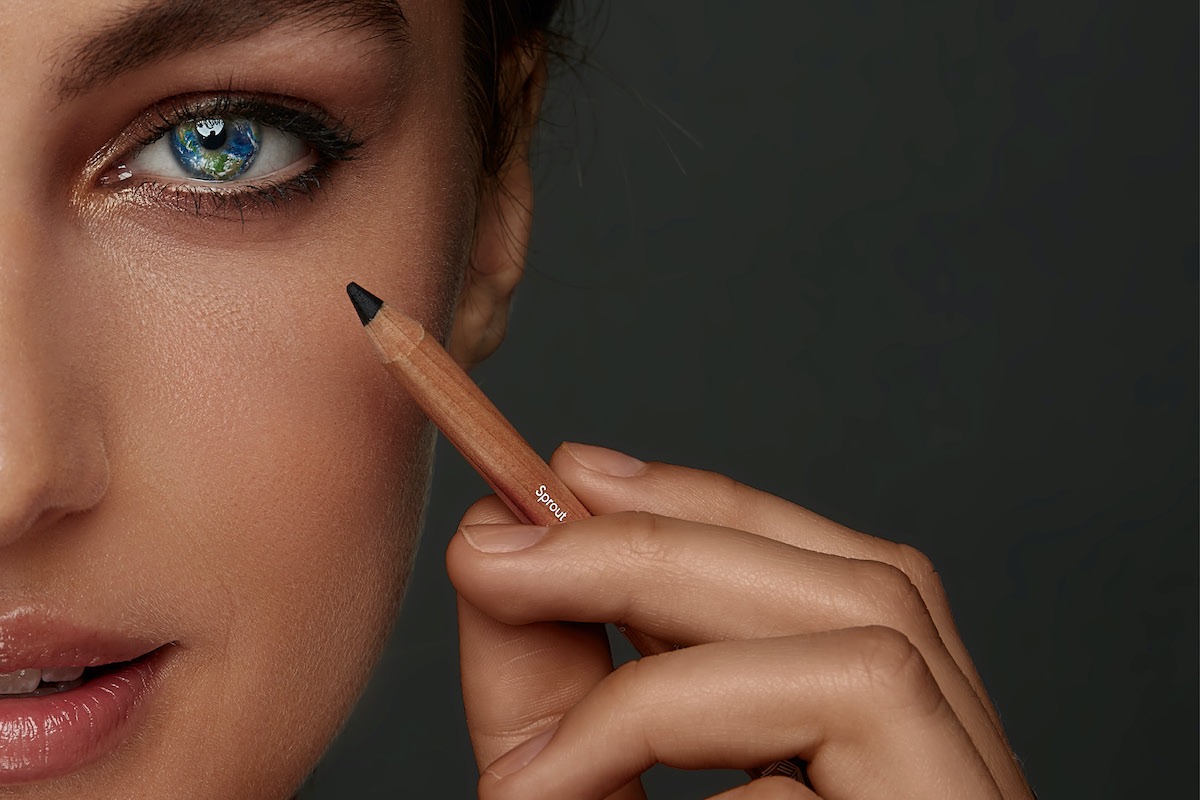
Meanwhile, the best businesses advice he’s ever received is to always believe in yourself, “because if you don’t believe in yourself, no one else will.”
He illustrates his point with a story. “One night, six months into founding Sprout, I was extremely busy and extremely stressed, worrying that I hadn’t made much money yet. I asked a very good friend what he thought I should do. And he said, ‘Well, listen, I think you should get a real job, where you make money again, and are able to provide for your family.’
"And I had to think about that for a few days. But then I thought, ‘Well, I believe in this, and I want to do this, and I can do this.’ I decided to continue. And the end of that story is that actually that same friend invested a very big amount of money in Sprout – which of course, he had to pay much more for, because it was a year later. We laugh a lot about that.”







